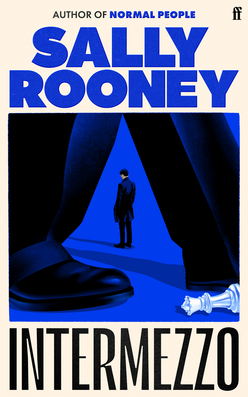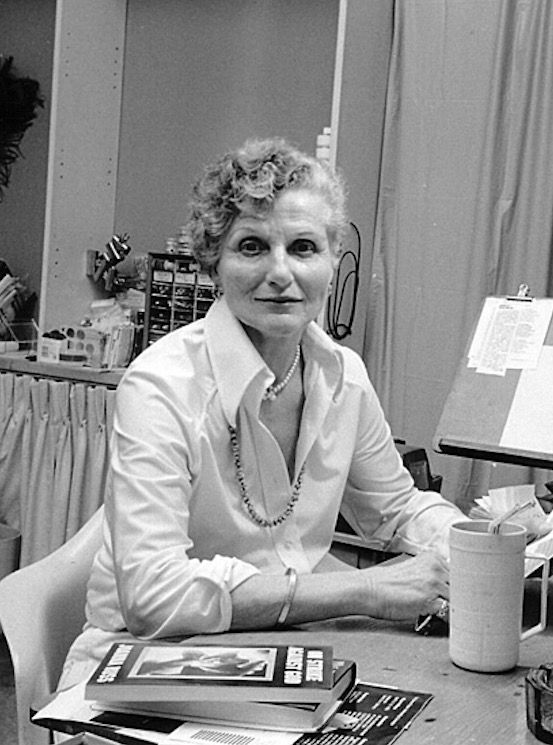
I started reading this book -and I can no longer remember why I did – with some quite strong prejudices about Sally Rooney’s work, which, I fear, may have largely been based on the envy of an only very modestly successful writer for a very successful writer indeed. I would sum up my prejudices by saying that my impression, from reading reviews etc, was that she wrote about very attractive, very intelligent people having very exciting, if complicated, sex lives – and that her books were a kind of posh, elegant fantasy world for folk who’d love to imagine themselves as part of a sophisticated elite.
Well this is a book about very attractive, very intelligent people having very exciting, if complicated, sex lives, but, as it turned out, I came to like it a lot. I thought it a bit sugary (that was the word that came to mind), but I ended up forgiving it even that.
To deal with the ‘sugariness’ first. What I meant by that is that the book presented what seemed to me a very idealised view of romantic and sexual love. The characters are not only good looking and intelligent, but also exceptionally emotionally intelligent: extremely honest with one another about their own feelings, extremely willing to accomodate the feelings of others. Things happen which seemed unlikely, and sometimes the book read to me like a sexual fantasy (and a male sexual fantasty at that) rather than a depiction of the real complications and ambivalences of sexual/romantic relationships between men and woman.
For instance, Peter, the older of the two brothers round whom the story is built, has a girlfriend, Naomi, nine years younger than himself, who says things to him like ‘do whatever you like to me.’ (I’m not aware of the reception this book has received but I’m willing to bet that people have found this ‘problematic’). Also, Peter agonises throughout the book about being torn between the very beautiful, intelligent and extremely sexually available Naomi and his very beautiful and intelligent ex-girlfriend Sylvia, who he still loves deeply, and is still loved by, but who ended the relationship with him after a mysterious accident which prevents her from having penetrative sex (though she does still give him a blow job) – but in the end (spoiler alert), he ends up being able to maintain his relationship with them both, the two of them having become friends. This seemed quite generous on their part, though certainly nice for him.
Meanwhile Ivan, the younger brother, who is a 22-year old semi-professional chess player, very handsome, very smart, but shy, naive, gentle, and sexually very inexperienced, manages to seduce Margaret, the very nice and extremely beautiful 36-year-old director of an arts centre where he’s been booked to play ten simultaneous exhibition games. And he does so a matter of hours after meeting her – which, speaking as a recovering shy, naive, sexually inexperienced young man, feels rather unlikely, though it is, to my inner naive young man, without doubt a very alluring fantasy.
So by sugary I mean, I suppose, idealised, simpler than reality, a fantasy… But I forgave the book this because I decided that in one way or another, a novel has to be simpler than reality. However long and complex, a novel is a truly tiny thing compared to the real world, and it is, in a way, like a scientific experiment which holds some factors constant, in order to isolate and explore others. Movies have to simplify life in the same sort of way, and the protagonists of any cinematic love story are invariably much better looking than the average human being, and usually much more graceful and charming in their manners also (if only we all had scriptwriters to prepare our romantic encounters for us!). But this may actually be necessary (or so I thought) because a film, which is much shorter than a novel, has only a brief time in which to tell the story. We need to understand the attraction pretty much from the off, and a good way of achieving this is to cast very beautiful and charming men and women actors, since we can all immediately see the attraction of good-looking and charming people. (I’m almost 70, and I’m still instantly moved -disturbed even, sometimes- by female beauty.)
Also ‘sugary’ is a synonym of ‘sweet’ – and sexual love between men and women is sweet. It just is (for biological reasons, of course, as Rooney herself notes, but then all love has a biological basis), as is the trace of it that exists, I think, at least to some small degree, in most warm relationships between heterosexual men and women, even when these relationships aren’t, and will never be, sexual. It can go badly wrong, it can lead to all kinds of misunderstandings and even to horrible abuses, but it is, in itself, sweet -and even the horrible things that happen are often due to people craving that sweetness and not knowing how to get it, or not knowing how to hold onto it.
What I ended up liking about this book is this. Books about sexual love are of course two a penny -it is probably the single most common driver of human stories – but usually they take sexual attraction and sexual love as a given, a thing that everyone understands and recognises. In this book, it seems to me, Sally Rooney doesn’t do that. She attempts to unpack sexual love, and look at it in an almost naive way, as if encountering it for the first time, even though her prose is itself polished and sophisticated. I think that’s what writers should do with human experience: make us see things we think we already know as if they were new and fresh. What’s more- and this is something that I think is relatively unusual for a woman writer- she does this as much from a male point of view as a female one, both with equal sympathy.
Continue reading “A Certain Captivated Feeling”